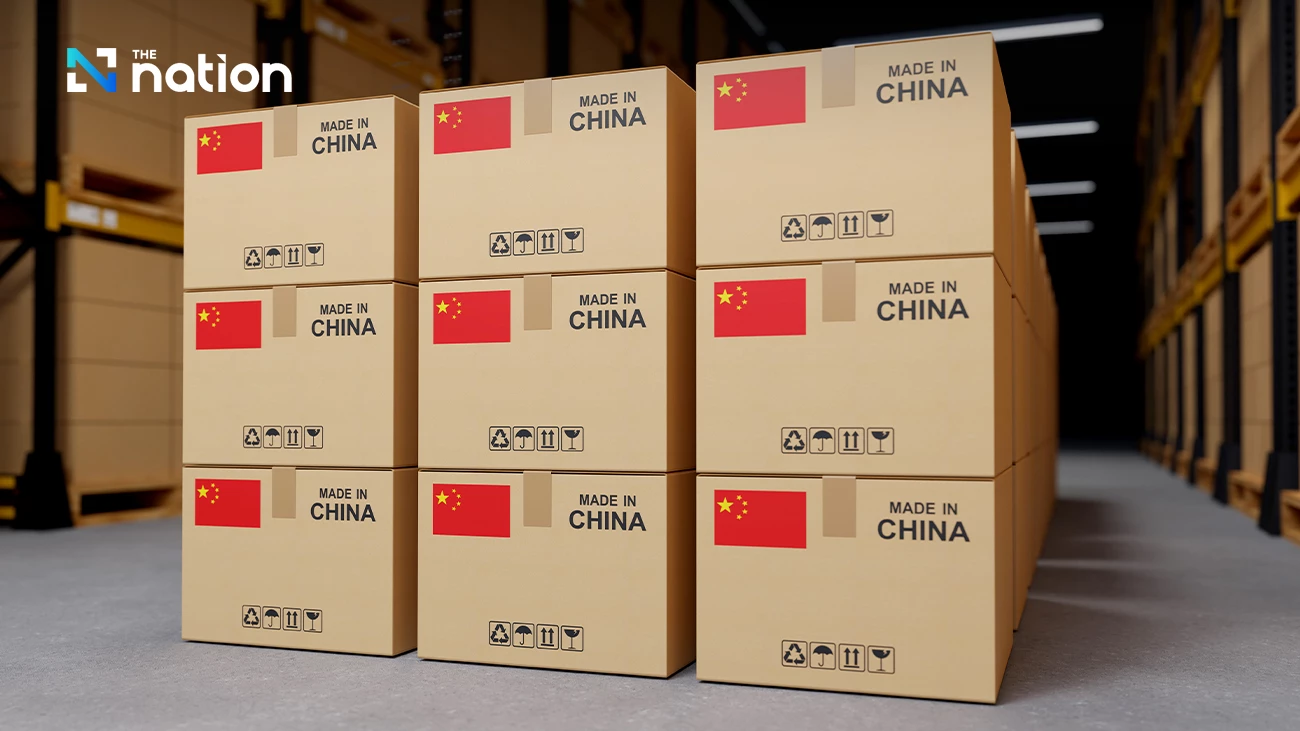
Thailand's Joint Standing Committee on Commerce, Industry, and Banking (JSCCIB) has urged the government to draft new anti-dumping regulations with strict enforcement in order to protect domestic industries from cheap imports.
Speaking after the JSCCIB’s monthly meeting on Wednesday, Tawee Piyawatana, vice president of the Federation of Thai Industries, said cheap imported products were currently the major concern for JSCCIB members.
He explained that imported goods were frequently mislabelled, were counterfeit, and/or substandard, and were illegally brought in and sold at prices 10-20% lower than their domestic counterparts. As a result, Thailand's small and medium-sized businesses (SMEs)are unable to remain competitive.

"We would like the government to consider making some regulations more strict with imported goods while amending some measures to prevent foreigners exploiting free trade zone conditions," he said.
Meanwhile, the JSCCIB proposed removing exemption from VAT collection for online purchases of up to 1,500 baht after observing that many online foreign merchants were using this tactic to avoid tax.
The committee also proposed implementing some conditions to protect Thai SMEs, such as enforcing the Anti-Circumvention law, and urged responsible authorities, including customs, border control, and others, to step up efforts to prevent unchecked imports. They advocated enforcing industrial product standards before distribution.
Furthermore, in order to sustainably promote the country's tourism industry, the JSCCIB agreed to promote secondary cities that were less visited in order to avoid overtourism in popular destinations.
The government must increase security measures to ensure tourist safety, the body said.

The meeting was convened to discuss the best ways to boost Thailand's economy, which was still recovering at a slow pace. The meeting maintained its earlier prediction of 2.8% to 3.3% GDP growth in 2024.


